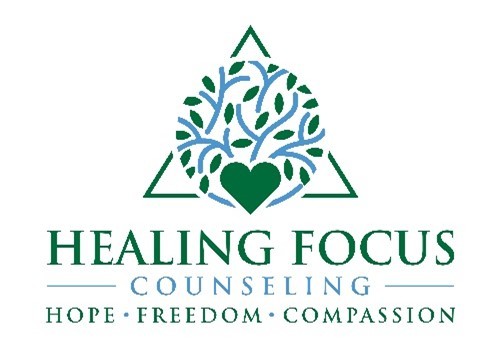FAQs
What issues do you specialize in treating?
Our team is not only well-versed in managing a variety of issues and diagnoses but also possesses specialized training to enhance our effectiveness across a spectrum of challenges. This specialized training includes, but is not limited to, Cognitive Behavioral Therapy (CBT) for depression and anxiety, Eye Movement Desensitization and Reprocessing (EMDR) for trauma, and attachment-based therapies for relationship issues.
Among the common conditions we encounter, such as anxiety, attachment issues, depression, trauma, worry, stress, life transitions, emotional regulation, and relationship security, our practitioners have undertaken rigorous training and continuing education. This ensures that we are equipped with the latest therapeutic techniques and approaches, allowing us to provide the highest quality of care.
Our dedication to ongoing professional development means that we stay at the forefront of emerging treatments and interventions, thereby ensuring that our clients benefit from the most current and effective therapy modalities available.
What can I expect during a counseling session?
First and foremost, you can expect a safe, compassionate, and confidential environment. Your first session will typically involve getting to know each other and taking your history. From there, you can anticipate education on any types of therapy we may use. Some sessions may include self-regulation and meditation, while others may involve the EMDR process, parts work, or CBT assignments. Additionally, we utilize tools like sand trays, art, videos, or worksheets. Ultimately, our goal is to guide you through a journey that improves your life.
How confidential are the sessions?
The law mandates that our sessions adhere to HIPAA regulations, ensuring that your information is kept secure and confidential. It is important to note, however, that there are exceptions to this confidentiality, as required by law. These include mandatory reporting requirements if you are harming yourself, threaten to harm someone else, or are harming a child or vulnerable adult. Additionally, our records can be subpoenaed by a judge. Despite these exceptions, our code of ethics emphasizes that confidentiality is fundamental in providing a safe space for clients to express their vulnerable personal information. We are committed to maintaining the confidentiality of our sessions, allowing you to share freely and safely.
How frequently should I attend sessions?
This varies by client, as the frequency of sessions is influenced by the level of distress you are experiencing and the extent to which it interferes with your day-to-day life. On average, we will meet with clients one to two times a week to start, then attempt to taper down as you meet your goals. It’s important to note that it is ultimately up to you, as the client, to decide how often you need a session. Your comfort and readiness to progress in therapy are paramount, and we encourage open communication about your needs and adjustments to the therapy plan as needed. Additionally, we will inform you if we feel that you need to transition to a higher level of care for further support.

